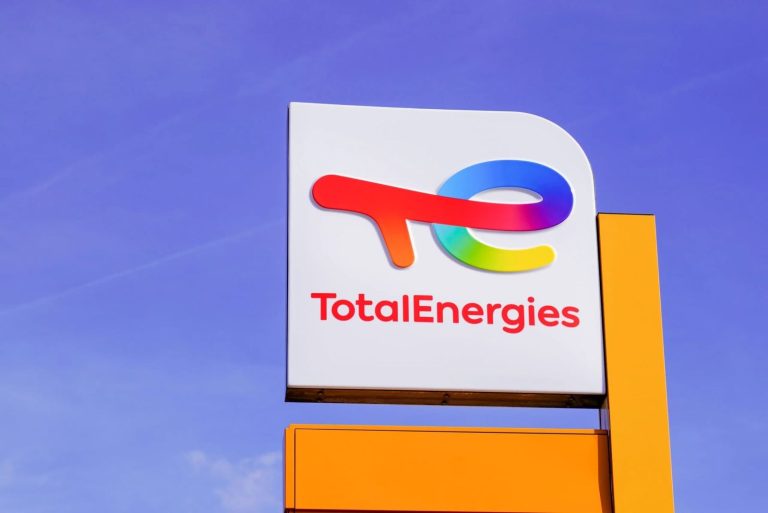Last November, Farhat Bengdara, the chief of Libya’s National Oil Corporation (NOC), outlined an ambitious plan to enhance the nation’s oil production capabilities. With a proposed budget of $17 billion, the NOC aims to elevate Libya’s oil output to 2 million barrels per day (bpd) within the next three to five years. This strategic vision represents a significant development opportunity for Libya, given that oil production is pivotal to the country’s economy, accounting for approximately 90 percent of its economic output.
Strategic Overview and Challenges
The NOC’s goal underscores a comprehensive strategy that encompasses not only the stabilization of current production levels but also a significant expansion. Central to this strategy are critical infrastructure projects, particularly the replacement and maintenance of ageing oil pipelines, some of which date back to the 1960s and have never undergone significant upgrades. Bengdara highlighted that these antiquated pipelines represent the “greatest challenge” in realising NOC’s production goals.
Financial and Political Context
Achieving this ambitious target, however, is contingent upon overcoming substantial financial and political hurdles. The NOC currently faces a stark shortfall in the necessary funding, a situation exacerbated by Libya’s complex political environment. The ongoing division between two rival administrations in the east and west of the country continues to cast a shadow over potential investments needed to enhance oil production capabilities. This political fragmentation, coupled with the failures of recent attempts to unify these factions under a single national government, underscores the delicate balance of power and the intricate relationship between political stability and economic development in Libya.
Economic Implications
The implications of increasing oil production are profound for Libya’s economy. Enhanced oil output can provide a critical economic lifeline, offering the potential to stabilize and grow the national economy. However, this is predicated on the ability of the NOC to navigate both the operational challenges associated with its ageing infrastructure and the broader geopolitical tensions that have historically disrupted oil production.
Proposed Strategic Actions
Given the complexities outlined, the following strategic actions are recommended for the NOC and Libyan government stakeholders:
- Infrastructure Modernisation: Prioritising the modernisation of oil infrastructure is crucial. This includes not only replacing ageing pipelines but also investing in the resilience of other key assets such as storage facilities, which have been severely impacted by conflict.
- Securing Funding: The NOC must secure the necessary financial investment required to reach its production goals. This may involve more aggressive pursuit of international financing options, partnerships with global oil firms, and enhanced financial arrangements with government bodies.
- Political Stability: Strengthening political stability in Libya is essential to ensure uninterrupted progress in oil production expansion. Engaging in dialogue and reconciliation efforts between rival factions can help create a more conducive environment for economic development.
- Transparency and Governance: Implementing robust governance frameworks and ensuring transparency in how investments are made and managed will be critical to gain the trust of potential investors and international partners.
- Capacity Building: Developing local expertise and technological capabilities within the NOC and related institutions will ensure that Libya can sustainably manage and expand its oil production without over-reliance on external entities.
The NOC’s initiative to increase Libya’s oil production to 2 million bpd represents a strategic pivot point that could significantly influence the nation’s economic trajectory. Successfully navigating the associated challenges will require a multifaceted approach, involving substantial investment in infrastructure, concerted efforts to foster political stability, and strategic international collaborations. With diligent execution of these strategies, Libya could not only achieve its production goals but also ensure the long-term sustainability and stability of its oil-dependent economy.




